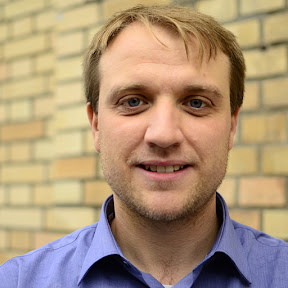SmartMobs (The next social revolution)
\cite{Rheingold02}
[Shibuya Epiphany]
“…people expect the mobile internet to be the same as the wired version, only mobile, but they are wrong.” —Tom Standage, “The Internet Untethered”
Rheingold define his vision of “immersive” as a physical environment in which you are in but in which something of your virtual presence is also incorporated. Mizuko Ito is an anthropologist interested in the ways Tokyo’s teeenagers use keitai. She is studying how identity and place are produced (defined?) through and within digital media infostructures. The author suggest how, in his opinion, SMS and mobiles offer the teenagers a way around the parents’ control, making a contrast between private and public functions. He says also that the mobile construct a portable and localised place for intimacy, an open channel of contact with generally three to five others.
—[ Is it possible to build around this concept of 3-5 people? What do they do? What can they do? How do we develop a sense of community? How do we develop trust among them? How do we initiate a collaborative exchange?]—
—[Mixing disciplines: psychology – antropology – social psychology – CSCL – mobile learning – economics [3-9] ]—
—[icons for each participant. 3D interface where the participants move, interactions between them, activities among them, location, context aware signalling, new way of beeping, pinging them: are they thinking about me? what’s my reputation in the group; inclusion/exclusion; MOO; what’s next??]—
The presence and availability of mobile phones grants teenagers a degree of privacy and the right to assembly/aggregate which was not available previously, and which is used to construct a networked space which is available from anywhere they are. There is also the issue of control. Having this communication channel always ready means being able to control what’s going on and change your lifestyle according with this new power/extension of your body (hand…). In this sense they can be late to an appointment because they have a way to communicate; they can change their lifestyle and programming much less than what we used to do: instead of dividing the day in time slots they can take decisions on the edge. Finally the definition of presence which is loosing the spatial context to a reassigned social network environment which extends beyond any single location (presence seems to mean participation into the group activity). Mari Matsunaka -> Takeshi Natsuno: “mobiles are completely useless unless you know the right mobile number. The distribution of data via phone, however, would make possible for users to search for the right number… The mobility add a completely brand new dimension: position! What does it mean to have a certain information everywhere or at particular place? The mobile is the bridge between the virtual and the physical space. Is the virtual adding more details to the physical? Is the virtual a way to transfer information/bits where atoms cannot be transferred. But also, atoms gives substance to information, the tangibility. One of the point of strength of the i-mode is the easy of use: a carefully selected menu of contents which allow the user to access useful information without any notions on how the system works. Is therefore interesting the function to download content into the mobile phone. Downloading this content can mean adding functions, expanding features, of the mobile.
Kenny Hirshhorn (Orange): a mobile is the remote control of your life.
